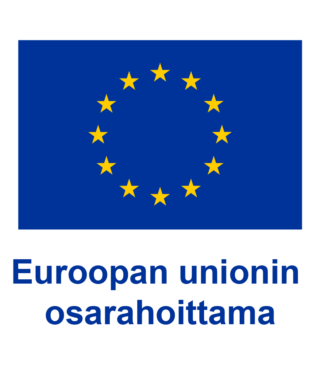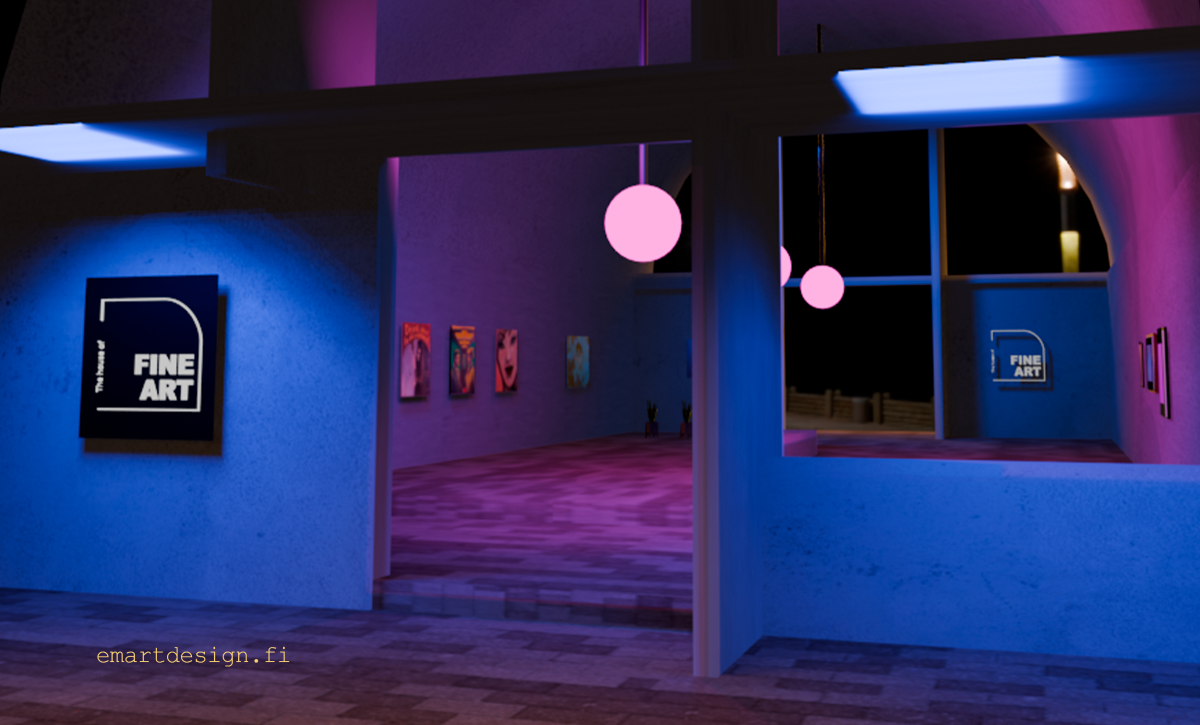In Finnish society, the income of visual artists and the prestige of their work is a problem that has been exacerbated by the Covid-19 crisis. Geopolitical changes, the energy crisis and digitalisation, which is pervading society as a whole, are creating uncertainty and poverty for visual artists.
Exploiting new spaces (e.g., digital performance or virtual spaces) for the visual arts, the preservation and value of digital works, social media skills, and sales are not self-evident issues for alumni who have already completed their studies. Project management and sustainable productions and ethics using new technologies are not on a par because of a lack of skills among visual arts professionals, especially the older generation and those whose training did not include new practices and emerging digital applications. Artificial intelligence (AI) applications are available to consumers, but their use is still in its infancy. The use of AI, for example in project production, is worth exploring in the context of the visual arts.
The aim of the project is to bring sustainable solutions to the above problems on a national scale in Finland, to provide new knowledge and models that meet the needs of society, and to make them available to artists and visual arts education in Finland. Through knowledge and training, we will create equal opportunities for artists to operate in today’s evolving world, regardless of gender, age or cultural background. Work of an artist will be made easier through digital mastery. This will create changes in the way artists’ work is valued and will integrate them more closely into society. The artist’s sense of well-being and inclusion will be enhanced. The project will increase the opportunities to benefit from artists’ expertise and broaden perceptions of the visual arts.
The project takes a multi-faceted approach to the strategies of visual artist entrepreneurship, emphasising teamwork and networking. As a result, the earning potential of the visual artist will be expanded and will generate a better income for professionals. The results of the project include a distance learning model based on webinar experiences and articles, and a digital skills and entrepreneurship toolkit available on the project website, which can be used as teaching material or studied independently.
The results will be communicated to recent graduates in the visual arts and to other professionals in fields of arts and culture. In addition, the outputs of the project will benefit visual arts teaching organisations and institutions and, indirectly, students. The quality of teaching and up-to-date content accessible to all will be improved, continuous learning will be enabled, and positivity towards one’s own work will increase.


